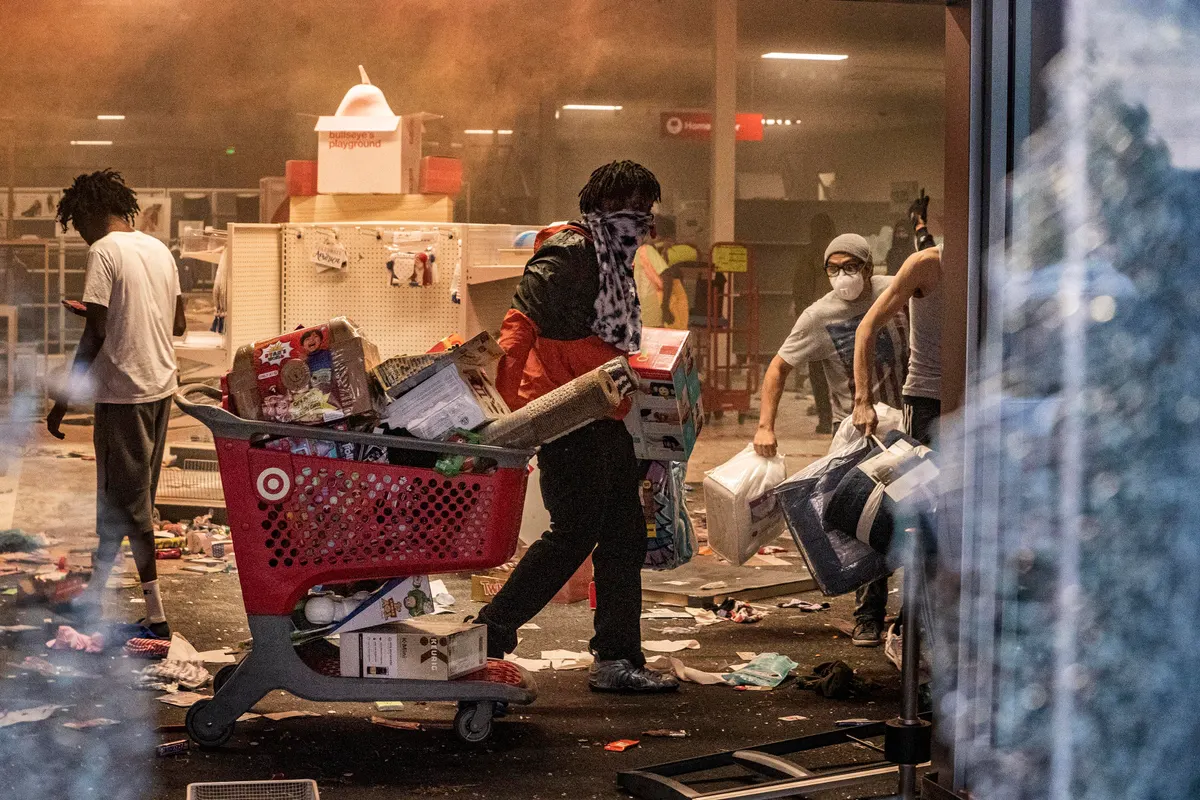
18 Aug 2023
Looting is because of generational trauma, says expert behaviour consultant
In recent times, both the UK and US have been hit by an unexpected wave of looting, sparking nationwide debates around its causes and solutions. To better understand these complexities, renowned behavior management consultant Andrew Fuller shared insightful perspectives during an interview with Belinda on the Gospel Breakfast Show.
Andrew articulated an interesting perspective on the issue, stating that the root causes of looting extend far beyond surface-level observations. He said, "So number 1, you put the blame game aside." This statement emphasises that assigning blame does little to address or resolve the issue at hand.
Exploring deeper societal concerns, he suggested that generational trauma plays a significant role in such situations. He noted, "If I can plant a seed of trauma or pain in the first generation or the second generation, I just gotta sit back and watch that simmer and cook." This assertion highlights how unresolved traumas can perpetuate harmful behaviours across generations.
Andrew believes that young people involved in looting are often grappling with an identity crisis. "Young people that have no identity, when the looting WhatsApp came through to their phone, they had a choice to make," he explained. This implies that a lack of self-identity and value can lead individuals towards destructive paths.
View this post on Instagram
The consultant further delved into the psychological aspects behind these actions. According to him, such decisions do not occur in what he calls the 'top brain' - the logical and rational part of our minds. Instead, they are rooted in what he refers to as 'bottom brain' - our survival instinct. In his words: "Bottom brain is survival. Bottom brain is man needs bread; man's getting that by hook or by hook."
Andrew stressed that to truly address this issue, we need to focus less on blaming individuals involved and more on disrupting systemic failures leading to these behaviours: "We have to go and disrupt the system that's in place that causes these young people to do these wild behaviours."
Finally, he urged society to acknowledge its role in nurturing young people: "If your child comes to school with matter in their eye and their teeth ain't brushed...that ain't the kid's fault." This statement underscores how societal influence significantly contributes to shaping individuals' behaviours.
Andrew Fuller's insights illuminate how addressing complex issues like looting requires understanding deeper systemic issues at play rather than focusing on surface-level symptoms. By prioritising understanding over judgment, we can work towards more constructive solutions.